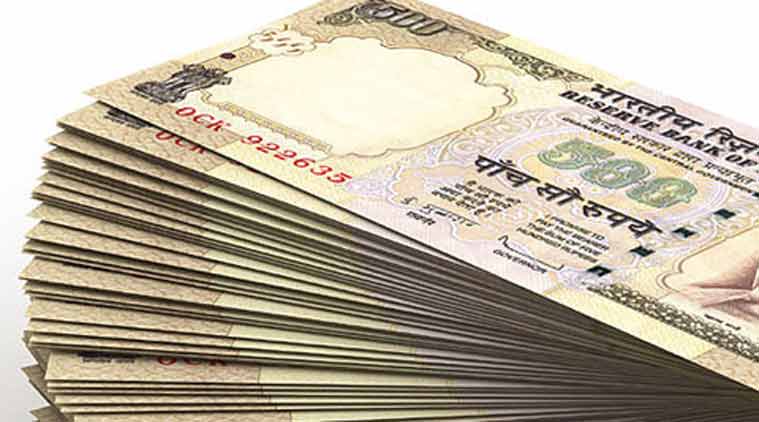
India will overtake China as the fastest growing emerging economy in 2015-16 by clocking a growth rate of 7.5 per cent on the back of recent policy initiatives, pick-up in investments and lower oil prices, the International Monetary Fund (IMF) said today.
“India’s growth is expected to strengthen from 7.2 per cent in 2014 to 7.5 per cent in 2015. Growth will benefit from recent policy reforms, a consequent pick-up in investment, and lower oil prices,” the IMF said in its latest World Economic Outlook.
China will witness a deceleration with growth rate sliding from 7.4 per cent in 2014 to 6.8 per cent in 2015 and 6.3 per cent a year after, it added.
IMF’s growth projection of India, however, is lower than the estimates of the Finance Ministry and the RBI. The Finance Ministry expects GDP growth to be 8-8.5 per cent in 2015-16, while the Reserve Bank of India (RBI) has estimated it at 7.8 per cent.
The report, released at IMF headquarters here on the sidelines of the annual meeting of the IMF and the World Bank, said lower oil prices will raise real disposable incomes, particularly among poorer households, and help drive down inflation.
“The early evidence suggests that in oil importers, from the United States, to the euro area, to China, and to India, the increase in real income is increasing spending.
“Oil exporters have cut spending but to a smaller extent: many have substantial financial reserves and are in a position to reduce spending slowly,” Olivier Blanchard of the IMF said in a news conference.
In 2015 World Economic Outlook, the IMF has improved India’s growth prospects for the current fiscal as well as next fiscal by 1.2 per cent and 1 per cent over its January projection.
The upward projection for India by IMF comes at a time when other economies are not likely to show improvement in economic performance.
According to the report, global growth remains moderate, with uneven prospects across the main countries and regions.
“We forecast global growth to be roughly the same this year than last year, 3.5 percent versus 3.4 percent,” said Olivier Blanchard of the IMF in a news conference.
“This global number reflects an increase in growth in advanced economies, 2.4 per cent versus 1.8 per cent, offset by a decrease in growth in emerging market and developing economies, 4.3 per cent versus 4.6 per cent last year,” he said.

